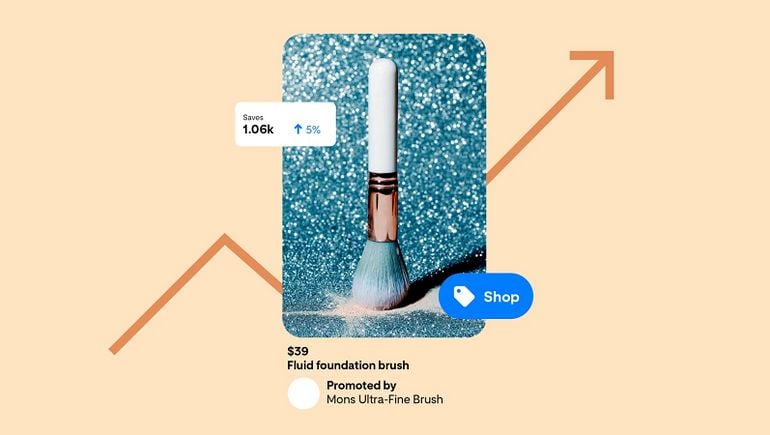LinkedIn has had another legal win against data scrapers, this time in a case versus Proxycurl, a platform that had used LinkedIn data to power a range of its elements.
Proxycurl offered data tools for HR professionals, and included LinkedIn email scraping and profile search among its various offerings.
Which LinkedIn, understandably, took exception to, and back in January, LinkedIn filed a federal lawsuit against the app for violations of its user agreement.
LinkedIn says that it has now resolved the case.
As per LinkedIn’s Legal VP Sarah Wright:
“I’m pleased to report that we’ve now resolved this case in a way that holds Proxycurl accountable for these harmful actions. This resolution requires Proxycurl to permanently delete all LinkedIn data obtained through unauthorized means and stop accessing LinkedIn unlawfully. The Court has entered these requirements as a permanent injunction, which Proxycurl is obligated to send to its customers.”
Which, in immediate terms, won’t have a huge impact, since Proxycurl shut down earlier in the month, citing LinkedIn’s legal challenge, and its “unlimited war chest” for pursuing such, via parent company Microsoft.
Proxycurl CEO Steven Goh claims that he had built a $10 million business before LinkedIn took action, with much of the data that fueled the company coming from publicly available LinkedIn profile info.
Which is the key point of contention here: If information is shared publicly, can the platform that hosts such then claim rights to it, and block scraping, even if that information is available to anybody who might go looking?
In this, and other cases, LinkedIn has claimed that such tools gather data that’s only available to logged in members, which violates its usage terms. But scrapers have tried to counter that they should be able to gather up public info for such purpose.
Indeed, Meta lost a case last year in which the defendant (Bright Labs) argued that it should be allowed to continue to scrape publicly available info from Facebook and Instagram. The judge agreed, which has since prompted Meta to lock down more account info, in order to close the loopholes that allow such.
Which means that less data is made available to Google, and other discovery tools, to link back to Facebook and IG. So the platforms lose out in discovery, but gain in legal protections of their data, which would be arguably more valuable to Meta at this stage.
LinkedIn has to also weigh the same, in enabling more data to be available via public profiles, or protecting such behind its log-in walls, in order to maintain the value of its insights.
In this particular case, LinkedIn has successfully argued, once again, that Proxycurl’s usage was in breach of its users’ permissions, which has enabled it to halt its activity.
This finding, as well as LinkedIn’s case against hiQ Labs, will also go some way in establishing a legal precedent around the same, and clarifying the technicalities of such access in a social media context. The trade-off, again, is that LinkedIn has had to lock more data down to limit potential misuse, but with more and more AI tools seeking data insights, that’s probably a smarter way to go for the app either way.














